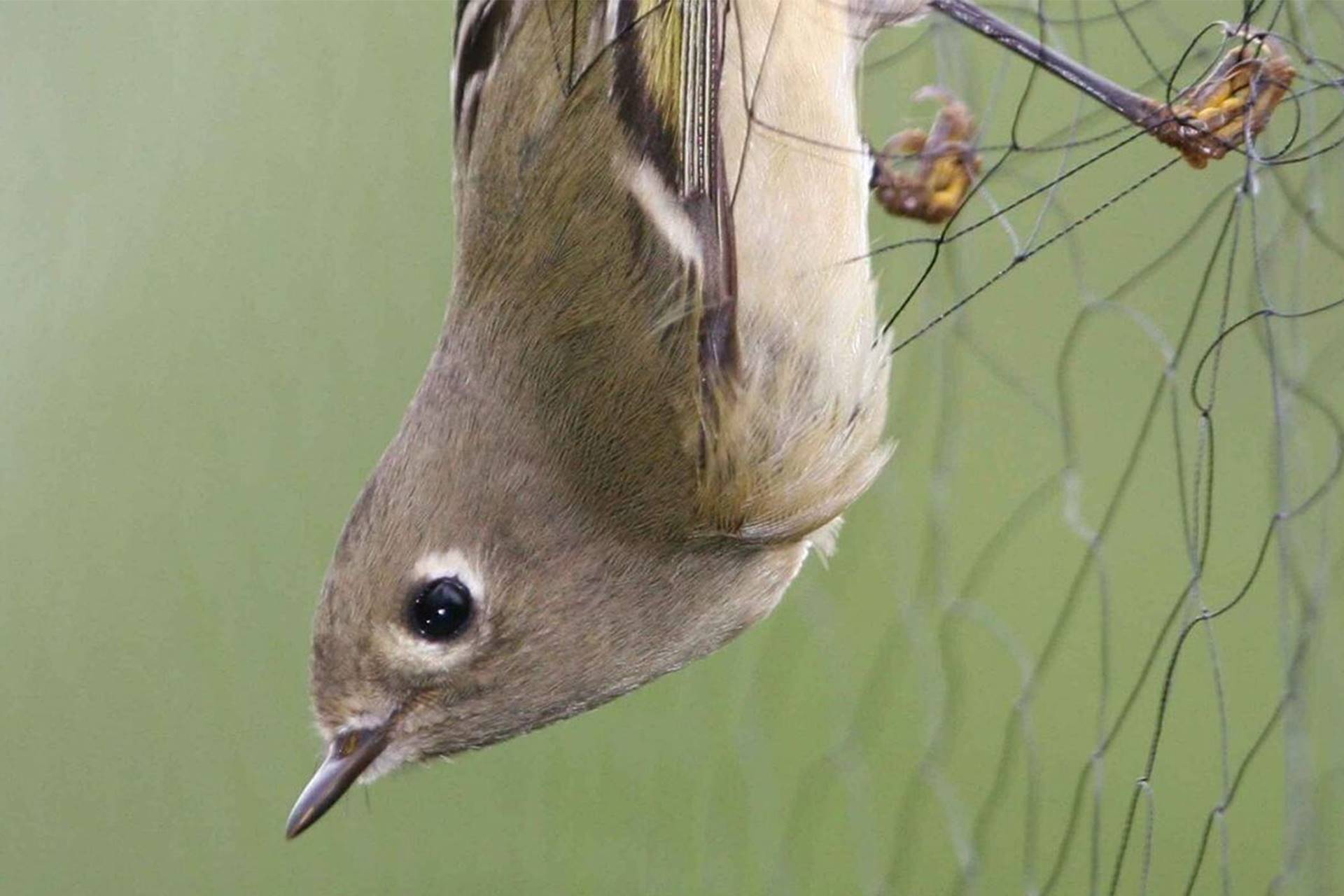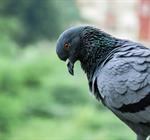
17 Oct 2023 | Apex Environmental Services (UK) Ltd
Top Benefits of Anti-Bird Netting
Birds make up an important part of nature’s ecosystem, and while they’re welcome in gardens and parks, birds can be a nuisance in certain urban and rural environments. Whether it's a farm with ripe crops, buildings with architectural nuances, or public areas, preventing unwanted birds from nesting or roosting can be quite the challenge.
So, what’s the solution? While methods like bird scaring and spikes can be effective, anti-bird netting offers a humane and efficient solution to invasive birds, without harming wildlife nor making a massive dent in your budget. But what’s so great about it? In this article, we’re going to take a look at the top benefits of using anti-bird netting, from its cost-effectiveness to its humane approach to bird deterrence. Let’s take a look!
Humane Deterrent
One of the primary benefits of using anti-bird netting is that it's a non-lethal method of deterring birds; the netting simply prevents birds from gaining access to areas where they're not wanted. Put simply, unlike other bird control methods that can be harmful or even lethal to the birds, netting simply keeps them away without causing them any harm. This ensures that the birds can continue their natural behaviours in areas where they are welcomed, posing minimal risks to your building while still ensuring the health and function of the natural ecosystem.
Versatile and Adaptable
Another benefit of anti-bird netting is that it’s incredibly versatile; available in various sizes and mesh openings, there’s a netting solution for virtually every type of bird, from smaller species like sparrows to larger ones like pigeons and seagulls. Plus, they can be adapted for different uses, whether it’s for protecting a fruit orchard, covering the roof of a building, or preventing birds from entering stadiums or other open structures.
Cost-Effective
When considering the potential damage birds can inflict – from crop losses in agricultural settings to cleaning and maintenance costs in urban environments – durable anti-bird netting is a highly cost-effective solution. Once installed, the netting requires minimal maintenance and can last for several years, ensuring long-term value for both individuals and businesses.
Protective of Buildings and Structures
Bird droppings, besides being unsightly, are also corrosive to properties: over time, the accumulation of droppings can damage rooftops, ledges, and other structures, leading to costly repairs or replacements. Nesting materials can also even clog gutters, potentially causing water damage. With anti-bird netting, property owners can protect their assets from such damage, while also protecting themselves (and those who use their building) from the harmful toxins that are often present in bird guano.
Safe for Other Wildlife
While the primary purpose of anti-bird netting is to deter birds, it’s worth noting that good quality netting is also designed to be safe for other forms of wildlife; the mesh sizes are tailored to ensure that smaller creatures, such as bats or butterflies, are not entrapped or tangled in the netting. In short, anti bird netting is an ecologically responsible choice for those looking to balance bird control with environmental considerations.
Aesthetically Pleasing Solution
Unlike other bird deterrent methods such as spikes or wires, anti-bird netting is less intrusive to the eye, and when installed correctly and tautly, it can be almost invisible from a distance. This makes bird netting the ideal choice for historic buildings, monuments, and other places where preserving the aesthetic appeal is crucial.
Reduces Health Risks
Bird droppings are not just unsightly and corrosive; they can also pose health risks, as accumulated droppings can be a breeding ground for bacteria, fungi, and parasites that can transmit diseases to humans. Anti-bird netting can help in reducing these health hazards by deterring birds from nesting on your building
Protects Crops
When it comes to agricultural settings, birds can be a significant pest, picking off seeds, young shoots, fruits, and vegetables - this can not only end up contaminating fresh produce, but can also significantly impact the bottom line of those working in farming and agriculture. This is where anti-bird netting comes in useful: by applying netting across crops, farmers can ensure that their hard work isn't wasted, while also ensuring crops are free from potential contamination by bird droppings.
Long-lasting Solution
Constructed from durable materials, quality anti-bird netting is resistant to ultraviolet (UV) rays, ensuring it doesn't become brittle or break down easily under the sun. Furthermore, these nets are usually made to withstand various weather conditions, from frost to heavy rain, making them a long-lasting bird control solution.
The Bottom Line
Ultimately, anti-bird netting offers a host of advantages for those looking to deter unwanted bird activity in their home, property, or business; not only is it a humane and environmentally-friendly solution, but it's also versatile, cost-effective, durable, and protective. Whether you’re a farmer seeking to guard your crops, or a building manager aiming to preserve your property’s structural integrity, anti-bird netting is a worthy consideration.


